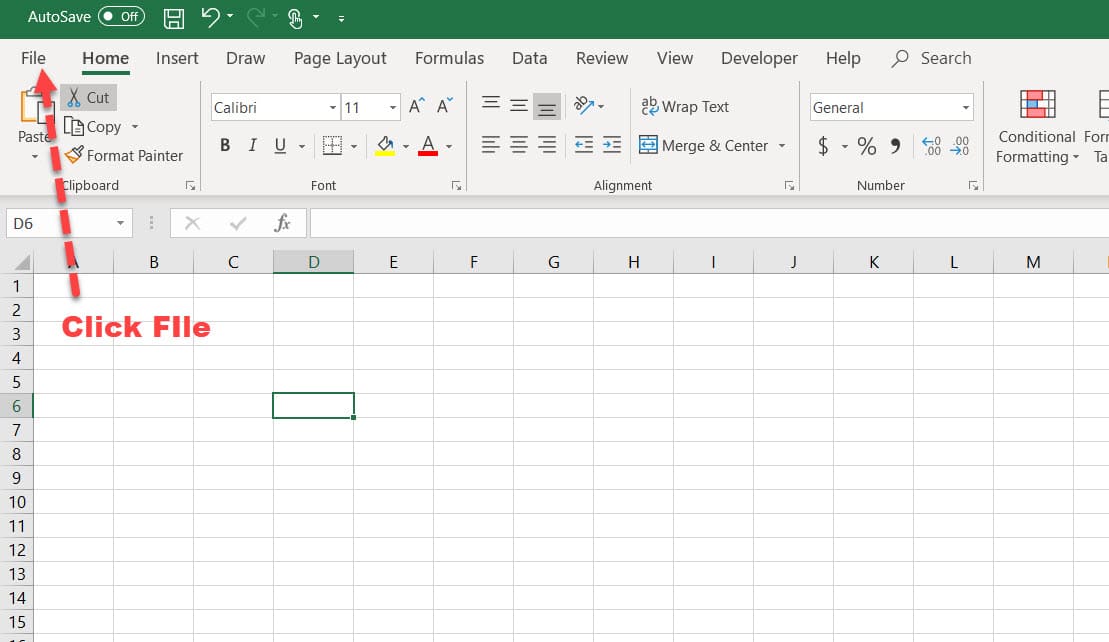5 Easy Steps to Lock Your Excel 2007 Sheet

🔐 Note: The following guide is for Excel 2007. Newer versions might have slightly different interfaces, but the core concept remains the same.
Introduction to Locking an Excel Worksheet

Locking an Excel sheet ensures that its contents cannot be altered, moved, or deleted without the proper password. This is particularly useful when you’re sharing sensitive or critical data and want to maintain its integrity. Here, we’ll guide you through the five straightforward steps to lock your Excel sheet.
Step 1: Preparing the Sheet

Before you lock your Excel worksheet, decide which cells you want to protect and which you want to remain editable:
- Identify the cells that need to be locked.
- Leave cells you wish to remain unlocked for users to modify.
- Ensure all cells you want to protect are selected.
Step 2: Unlocking Necessary Cells

If you want to leave some cells editable:
- Select the cells that you don’t want to lock by clicking and dragging the cursor over the desired range or selecting individual cells with Ctrl+Click.
- Right-click on one of the selected cells, choose “Format Cells.”
- Go to the “Protection” tab.
- Uncheck the “Locked” box.
All cells in Excel are initially set to be locked. By default, when you protect the sheet, these cells become protected, but by following these steps, you ensure only the intended cells are locked.
Step 3: Protecting the Worksheet

Now you’re ready to protect your Excel worksheet:
- Click on the “Review” tab on the Excel Ribbon.
- Select “Protect Sheet.”
- You’ll see the “Protect Sheet” dialog box:
- Check or uncheck options like “Select locked cells,” “Allow sorting,” etc., based on your needs.
- Enter a password if you want to add an extra layer of security.
- Click “OK” to set the protection.
Step 4: Confirm the Password

If you’ve chosen to use a password, you’ll be prompted to enter it twice:
- First, type your password in the “Password” field.
- Confirm the password by typing it again in the “Reenter Password” field.
💡 Note: Do not forget the password as it cannot be recovered if lost!
Step 5: Testing the Protection

After locking your sheet, ensure everything is set correctly:
- Try to edit a protected cell to confirm it’s locked.
- Attempt modifications on any editable cells to ensure they work.
- If necessary, adjust protection settings via “Unprotect Sheet” under the “Review” tab.
Following these steps will secure your Excel 2007 worksheet, ensuring that data remains intact and only authorized edits can be made. This method of locking an Excel sheet not only protects the data but also allows for controlled user interaction, which is crucial in a collaborative work environment.
Can I unlock specific cells after protecting my Excel sheet?

+
Yes, you can. You’ll need to unprotect the sheet first, then unlock or lock cells as needed, and reprotect the sheet. Always remember your password if you’ve set one!
What happens if I forget the password to unlock my Excel sheet?

+
Unfortunately, if you forget the password, Excel does not provide a recovery option. Keep a secure backup or use a password manager to store your passwords.
Can I protect different parts of my Excel sheet with different passwords?

+
Excel 2007 only allows one password per protected sheet. However, you can protect different sheets within a workbook with separate passwords.